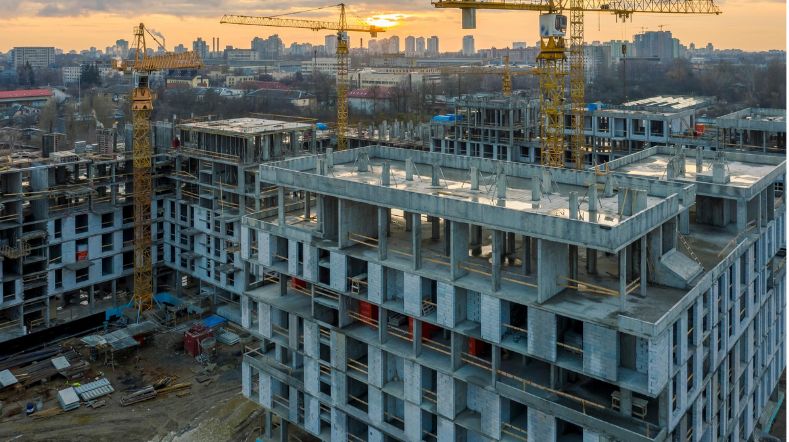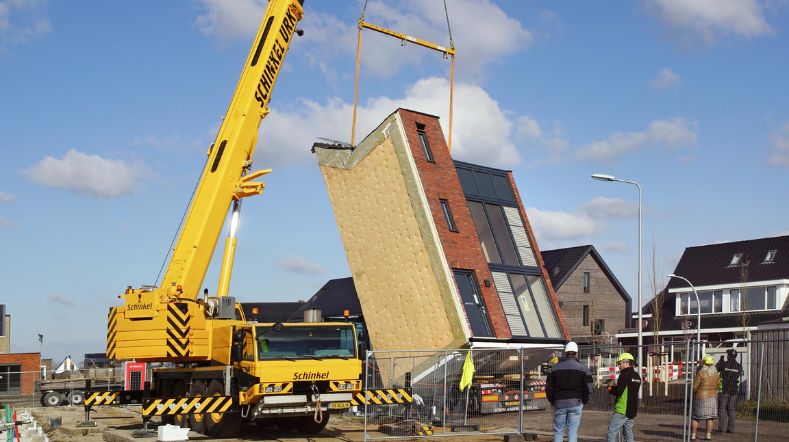Circular and industrial construction
A lot of construction and renovation needs to be done in the coming years. Only by building circularly and industrially can we do this in a responsible manner. However, a fully circular construction economy is still far away. And the increasing complexity and unfamiliarity with recycled and biobased raw materials are standing in the way of the desired transition.
That is why TNO works together with suppliers, contractors, real estate owners and consultancy and engineering firms on smart innovations to accelerate the transition. Our strength lies in developing, scaling up and making circular and industrial innovations usable in practice. With the constant challenge of making every solution safe, sustainable and affordable.

Why TNO?
All expertise under one roof
First of all, more than 3,500 experts spread over a large number of disciplines work together under one roof on excellent and useful solutions. This multidisciplinary collaboration is also accompanied by a wealth of experience and in-depth scientific knowledge. And finally, TNO has state-of-the-art research facilities available to put innovative solutions into practice and test them.
For companies and entrepreneurs
We are happy to do this, both for large companies and for small and medium-sized businesses. Every assignment is equally valuable: from a project of a few weeks for a manufacturer of insulation materials to large multi-year international research projects with dozens of partners.
With complex issues
Very complex and groundbreaking innovation issues are in good hands at TNO: specialists from the following knowledge areas work together on a daily basis: artificial intelligence, BIM, building regulations, system engineering, structural safety, fire safety, parametic design, making healthcare buildings more sustainable, monuments, predictive twins , adhesives and binders, real estate portfolio management, indoor climate, biobased raw materials and soil subsidence.
Examples of innovation projects are:
- Smarter (constructive) design with fewer raw materials through resource-based engineering;
- Strategic real estate optimization for education and healthcare;
- Optimisation of industrialization and prefabrication through automation and digitalization;
- Development of new calculation rules and standards that allow better use of the strength of existing structures (such as topping);
- Development of new techniques for extending the lifespan of existing structures;
- Improved methods to assess the performance of existing elements such as beams and floors;
- Alternative binders for concrete and stony materials;
- Economic optimisation of biobased floor and wall elements.
The construction sector traditionally consists of a large number of players. Nothing new, collaboration in the chain is a must. That is why TNO is also working on digitalization issues that connect the chain, such as open data, open standards, BIM, predictive twins and Asset Life Cycle Information Management.
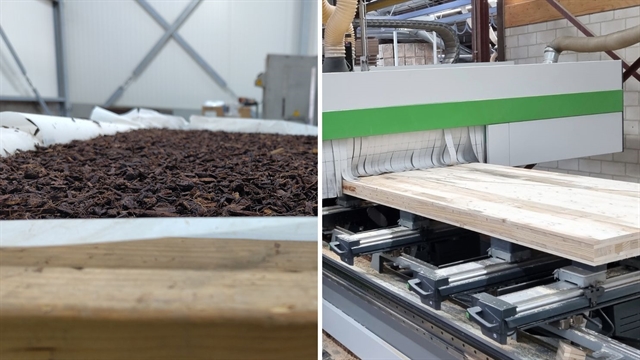
Scale up biobased building materials?
TNO offers construction partners knowledge and facilities to scale up the production of circular and biobased building materials into promising products to make construction CO2-neutral.
Our latest developments
TNO boosts market opportunities for bio-based building materials made out of fibre


Well-prepared for the next pandemic: seven practical tips for proper ventilation


Reclaimed timber deserves a new purpose as a high-quality building material
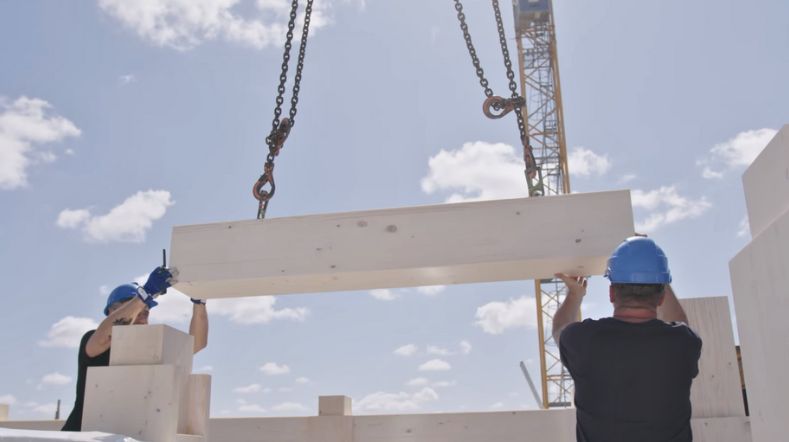

Industrial and conceptual construction
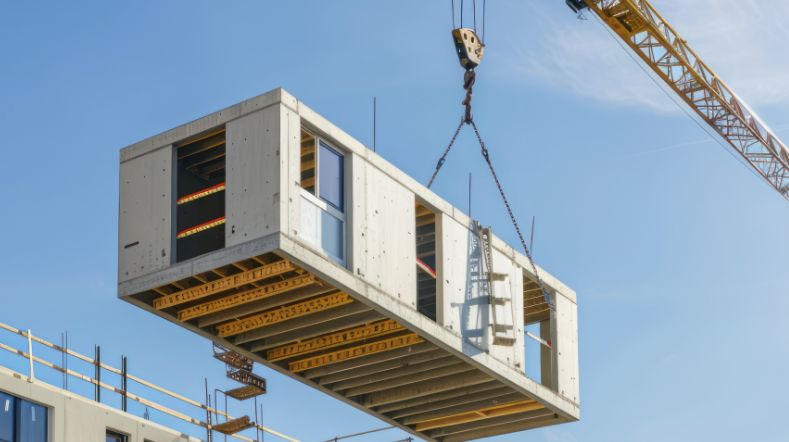

Reliable Structures
